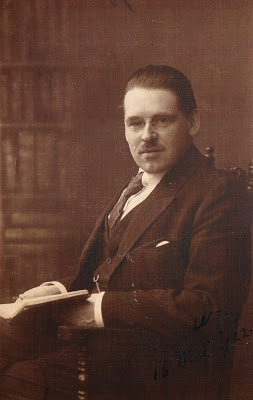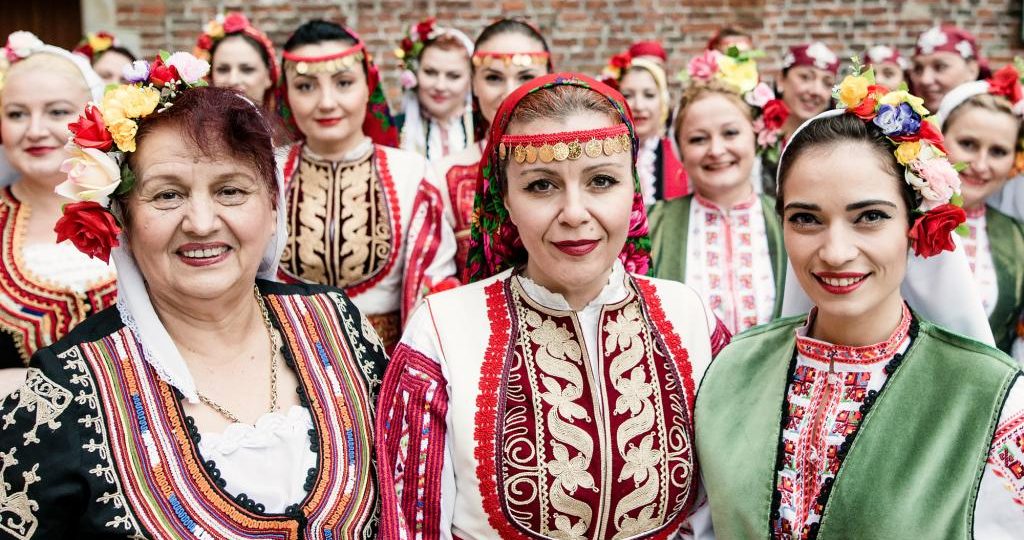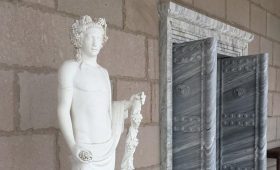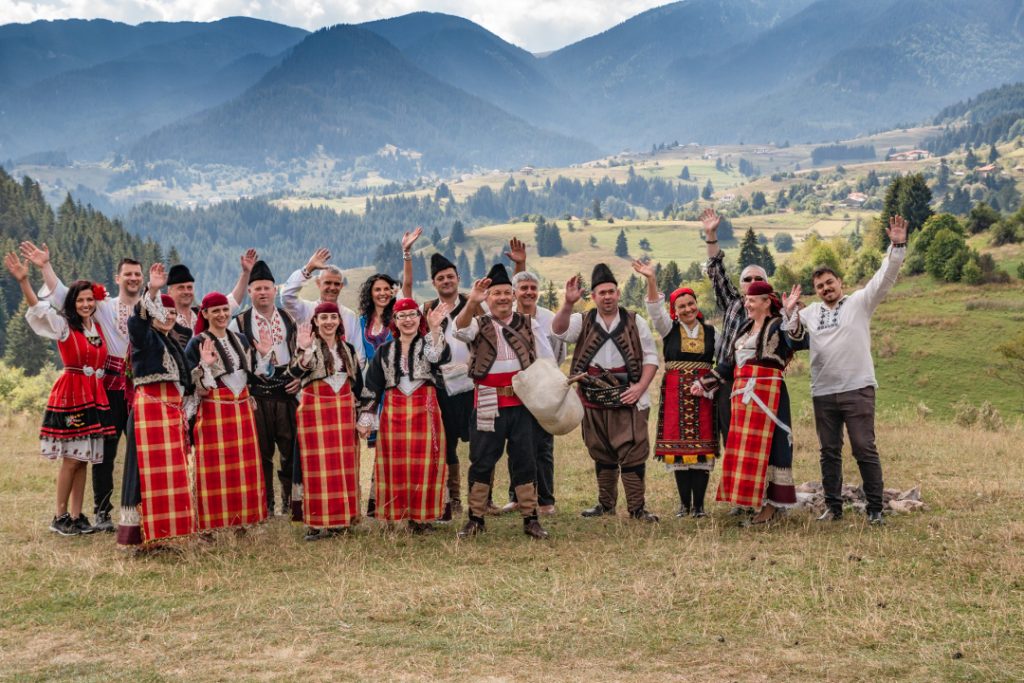Part 3 of 5.
Bulgaria, with its long and turbulent history, has left indelible marks in the Soul of every foreigner who dares to get to know it more closely, especially if it was in direct contact with its long-suffering people – the Bulgarians, bearers of extremely rich spirituality and culture.
In this sequence of posts we will talk about five of the most famous ones.
3. Nicolaas van Wijk – The Dutch who called the Bulgarians “The Japanese of Europe”

The famous Dutch linguist and philologist Nicolaas van Wijk (1880-1941) is considered to be the founding father of Slavic studies in the Netherlands. He studied in Amsterdam, Leipzig and Moscow. As a professor of Baltic and Slavic languages and comparative linguistics at the University of Leiden, he extensively published on questions related to the historical grammar of the Indo-European languages, on Russian literature and culture. He became an internationally acclaimed authority, whose fame abroad can be compared only to that of the Dutch historian Johan Huizinga. Undoubtedly one of his most admired scholarly accomplishments is the first volume of his monumental “Geschichte der altkirchenslavischen Sprache”. Phonetics and morphology (Berlin, 1927). The second volume, dealing with syntax and lexicology, unfortunately got lost during the Second World War. Less influential, apparently because they were published in Dutch, are his observations on South Slavic dialectology, in particular on the transitional dialects between Bulgarian and Serbian. Nicolaas Van Wijk repeatedly visited Bulgaria, where he had many friends among the most outstanding Bulgarian scholars. He wrote a long and vivid account of his first four-day stay in Sofia in July 1914, in which he expresses his sincere appreciation for the Bulgarian people and his cultural achievements at a very fateful moment of its existence.
(Source: “THE DUTCH LINGUIST AND SLAVIST NICOLAAS VAN WIJK (1880–1941) AND HIS CONTRIBUTION TO (PALAEO)BULGARIAN STUDIES” by Raymond DETREZ – http://ezikovsvyat.com/images/stories/last-11.2018/9_Detrez_pp.71-79_9.pdf )
In 1914 the Dutch writes the following article, after a trip to Bulgaria.
“The “Japanese of Europe” – this is how I repeatedly hear Galicians, Romanians and Croatians called Bulgarians, and when I was spending a few days in Romania on my way to Sofia, they told me great things about these “Japanese”.
Some Romanians have openly admitted that they rated Bulgarians high above their countrymen for education, hard work and modesty. How many of these good qualities were effective, I would have seen, I was told when I arrived in this strange country. So I did not come unprepared, but it still happened to me again and again to be amazed at the great achievements of thеsе people. It was hard for me to believe that they had gotten rid of the Turkish yoke only thirty-six years ago.
I could tell a lot more about Sofia. However, what has been reported so far may be enough for the reader to have an idea of the rapid development of Bulgarian culture. Of course, not everything is as good as it is in our country – to point out, for example, the lame hygiene measures during the war and the shortage of good bookstores, which personally impressed me. But what is not can be – and who knows the Bulgarians can safely say: it will be.
What could be the reason for this surprisingly rapid progress? The main reason must undoubtedly be sought in the character of the people: the Bulgarian is industrious, devoid of passion for drinking and playing, a friend of order and regularity. How did this happen? Why is there a completely different character from the Russian or – to take a closer neighbor – from a Serb? Who’s to say?
The most important factor in the survival of the Bulgarian people is the school. Who knows the Bulgarian school knows the people; in no other country does the school hold such a place of honor. Who considers folk culture to be one of the highest goods of the nation, he should make a salute in honor of the Bulgarians, who with deeds showed that a healthy school is the best guarantee for the strength and majesty of the people. The cheerful folk psyche as a basic circumstance, and the school as an additional reason, have made young Bulgaria into the promising state it is now.
If we are wondering why Russia has been unsuccessfully trying to absorb European culture for three centuries, while Bulgaria has made much more progress in thirty-six years, the deeper reason for this contradiction must be sought in differences in national character: the Bulgarian is in a position to absorb a foreign culture, devote its inexhaustible energy to its development into a new ground – while remaining true to itself. In other words, these same common cultural elements, which, despite all the differences, give the Western nations a great deal of homogeneity, are now almost all absorbed by the Bulgarians, but still Bulgaria remains Bulgarian, as France is French and Holland Dutch. The Russian folk psyche, however, cannot grind Europe: centuries-old desperate attempts make it very clear.“





